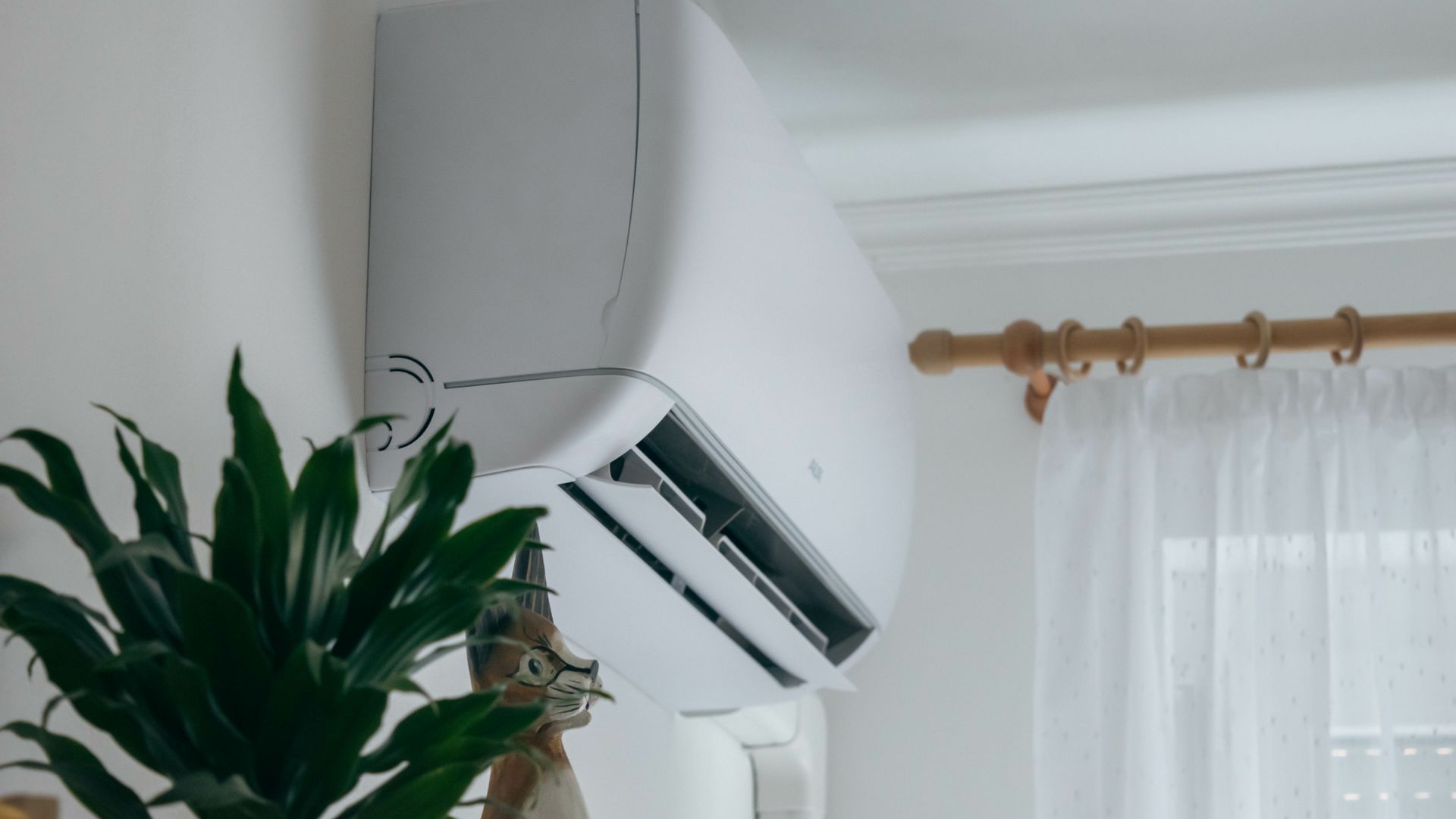As the weather starts to warm up, many of us begin to feel the effects of seasonal allergies. If you have been dealing with allergies, you know how important it is to take steps to reduce allergens in your home.
Fortunately, there are a few simple tricks you can put into practice that will help keep your HVAC system clean and keep allergies in check.
6 Tips for Reducing Allergens
1. Change Your Air Filter
One of the best ways to reduce allergens in your home is to regularly change your HVAC system’s air filter. A clean air filter will help remove pollen, dust mites, and other allergens from the air before they can circulate throughout your home.
Depending on the type of filter you have, you should clean or replace it every 1-3 months. Keeping a new air filter in your system will assist in removing airborne particles while maintaining system efficiency.
You should consider getting HEPA filters and items with a higher MERV rating and biannual maintenance checks if you or your family has allergies. This will ensure that your air is as clean as possible.
2. Clean Your Unit
Another great way to reduce allergens in your home is to clean your HVAC unit. If you have a dirty condenser coil, this will stress your air conditioner, making it harder for the system to dehumidify your home effectively. With an increased amount of moisture in the air, your house is more likely to develop mold, which will worsen allergy symptoms.
3. Keep the Pollen Outside
As the weather heats up, it may be tempting to open your windows to catch a nice breeze and get some fresh air, but this is a mistake. Every time you open your window or doors, it presents another opportunity for allergens to find their way into your home.
It would be best if you also left shoes outside or wiped them on a mat to prevent yourself from tracking pollen into your home. While you can’t keep your home completely sealed, the more you can limit your exposure, the better.
4. Clean Fabric Upholstery
While you may try your hardest not to track any allergens into your home, some will inevitably make their way in. Dust and pollen will often settle on clothes without the wearer even knowing it. Then, when they sit down, whatever is on their clothes will stick to the fabric.
To keep allergens off of your upholstery, try washing any slipcovers, throws, and decorative pillows in hot water and dry on the hottest setting every one to four weeks—and make sure to vacuum your furniture frequently. If you’re still worried about allergens, then it’s best to hire a professional to do a deep clean.
5. Get a Dehumidifier
One of the easiest methods to decrease the severity of your allergies is to keep the air dry. In the warmer seasons, the air is at its most humid. Damp conditions are ideal for mold and mildew growth, leading to the exacerbation of serious respiratory issues like allergies and asthma.
6. Replace Old Units
If you have an air conditioner that is ten years or older, it might be time to make a change. While your system may not be breaking down, older units do not have the same features that newer models have, which can significantly reduce the allergens in your home.
Older models, such as window units, often cause mold growth because these systems are not sophisticated enough to remove humidity from your home effectively. In window systems, water taken from the atmosphere is actually dumped onto the cooling coils. This process helps create mold-growing spores, which the AC then shoots back into your home.
If you’re worried about your system’s ability to reduce allergens, you can contact the team at Jackson Plumbing, Heating & Cooling. Our experts will assess the condition of your existing unit to determine if replacing it will be the most cost-effective solution. If they do find a replacement is needed, they can make sure the new unit will meet your family’s needs! Call (256) 304-8883 to schedule your appointment today!

